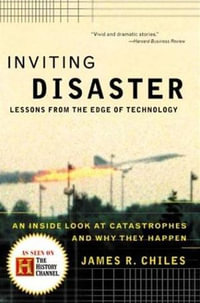
eTEXT
A Comprehensive Approach to Digital Manufacturing
By: Arif Sirinterlikci, Yalcin Ertekin
eText | 4 April 2023
At a Glance
eText
$99.00
or
Instant online reading in your Booktopia eTextbook Library *
Read online on
Desktop
Tablet
Mobile
Not downloadable to your eReader or an app
Why choose an eTextbook?
Instant Access *
Purchase and read your book immediately
Read Aloud
Listen and follow along as Bookshelf reads to you
Study Tools
Built-in study tools like highlights and more
* eTextbooks are not downloadable to your eReader or an app and can be accessed via web browsers only. You must be connected to the internet and have no technical issues with your device or browser that could prevent the eTextbook from operating.
ISBN: 9783031253546
ISBN-10: 303125354X
Series: Synthesis Lectures on Mechanical Engineering
Published: 4th April 2023
Format: ePUB
Language: English
Publisher: Springer Nature
You Can Find This eBook In
This product is categorised by
- Non-FictionEngineering & TechnologyMechanical Engineering & MaterialsMechanical Engineering
- Non-FictionEngineering & TechnologyTechnology in GeneralEngineering in General
- Non-FictionComputing & I.T.Graphical & Digital Media ApplicationsComputer-Aided Design CAD
- Non-FictionEngineering & TechnologyMechanical Engineering & MaterialsProduction & Industrial Engineering
- Non-FictionEngineering & TechnologyIndustrial Chemistry & Manufacturing Technologies























